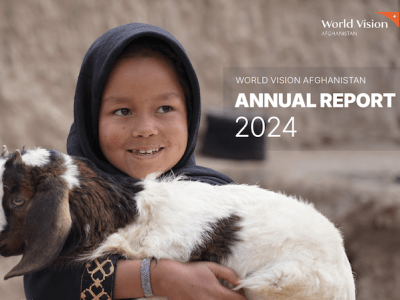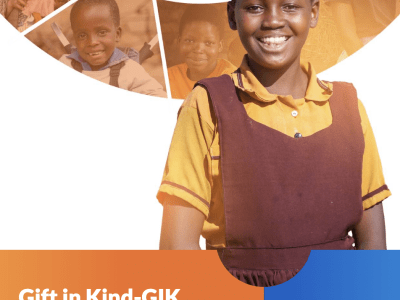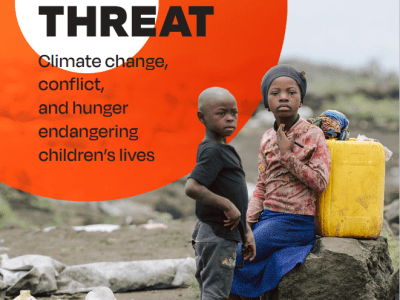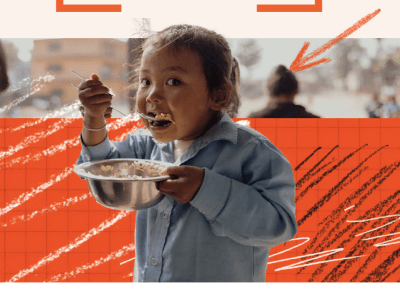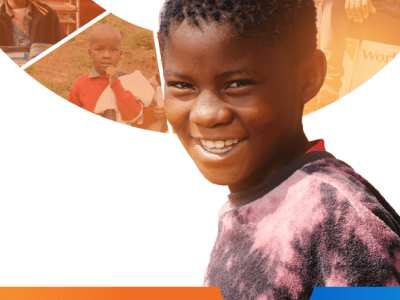article / April 24, 2025
Vital food aid alleviates the urgent needs of earthquake-affected families
The World Food Programme and World Vision have been in a long-term partnership for years prior to the earthquake. With WFP's support, World Vision has provided support to vulnerable families and children through various initiatives, including food distribution, maternal and child cash transfers, assistance for internally displaced persons (IDPs), and cash-for-assets programmes.
publication / April 24, 2025
Hope in Action: World Vision Afghanistan Annual Report | FY24
FY 24 Impact: World Vision Afghanistan worked across 34 districts and more than 3,200 villages across Herat, Badghis, Ghor, Faryab, and Nangahar provinces, delivering critical assistance to over 1.2 million people, nearly half of them children. Read the full report.
article / April 16, 2025
World Vision in partnership with World Food Programme bring hope and support to Myanmar earthquake survivors
As part of WV’s Myanmar Earthquake Response, in partnership with WFP, 8,859 people have received Multipurpose Cash Assistance (MPCA). The World Food Programme and World Vision have been in long-term partnership for years prior to the earthquake. With WFP's support, World Vision has provided support to vulnerable families and children through various initiatives, including food distribution, maternal and child cash transfers, assistance for internally displaced persons (IDPs), and cash-for-assets programmes.
publication / April 24, 2025
Turning Waste into Growth: Greywater Recycling for Food Security in Rural Guatemala
An innovation project in Guatemala transforms household greywater into a sustainable resource, boosting food security and protecting local ecosystems.
publication / April 22, 2025
World Vision Malawi Gifts In Kind (GIK) 2024 Impact Report
Gifts In Kind Impact Report for World Vision Malawi
publication / April 24, 2025
48 Days Student Farmers: Cultivating Food Security and Youth Leadership in Bangladesh
Empowering Bangladeshi students with climate-smart farming skills to fight food insecurity, boost nutrition, and build community resilience.
publication / April 17, 2025
Triple Threat: Climate Change, Conflict and Hunger endangering children's lives
Climate change, violence, and hunger are trapping vulnerable children in poverty. This report explores their intersection and the urgent need for action.
publication / April 2, 2025
South Asia and Pacific ENOUGH 2025 Campaign Report
ENOUGH Report: Learn how World Vision fights child hunger in South Asia & Pacific. Discover youth-led solutions & our impact on nutrition policy.
publication / April 22, 2025
World Vision Eswatini Gift in Kind (GIK) 2024 Impact Report
In FY24, World Vision Eswatini integrated over $2.3M in Gifts in Kind (GIK) resources—such as school furniture, medical supplies, and bicycles—into key programmes, boosting child well-being, health, education, and community resilience across vulnerable communities.
publication / March 25, 2025
World Vision and World Food Programme Partnership Snapshot | 2024
An estimated 343 million people are facing acute levels of food insecurity in 74 countries, across the world1. Out of these, nearly 45 million people are in ‘emergency’ or worse levels of hunger.

